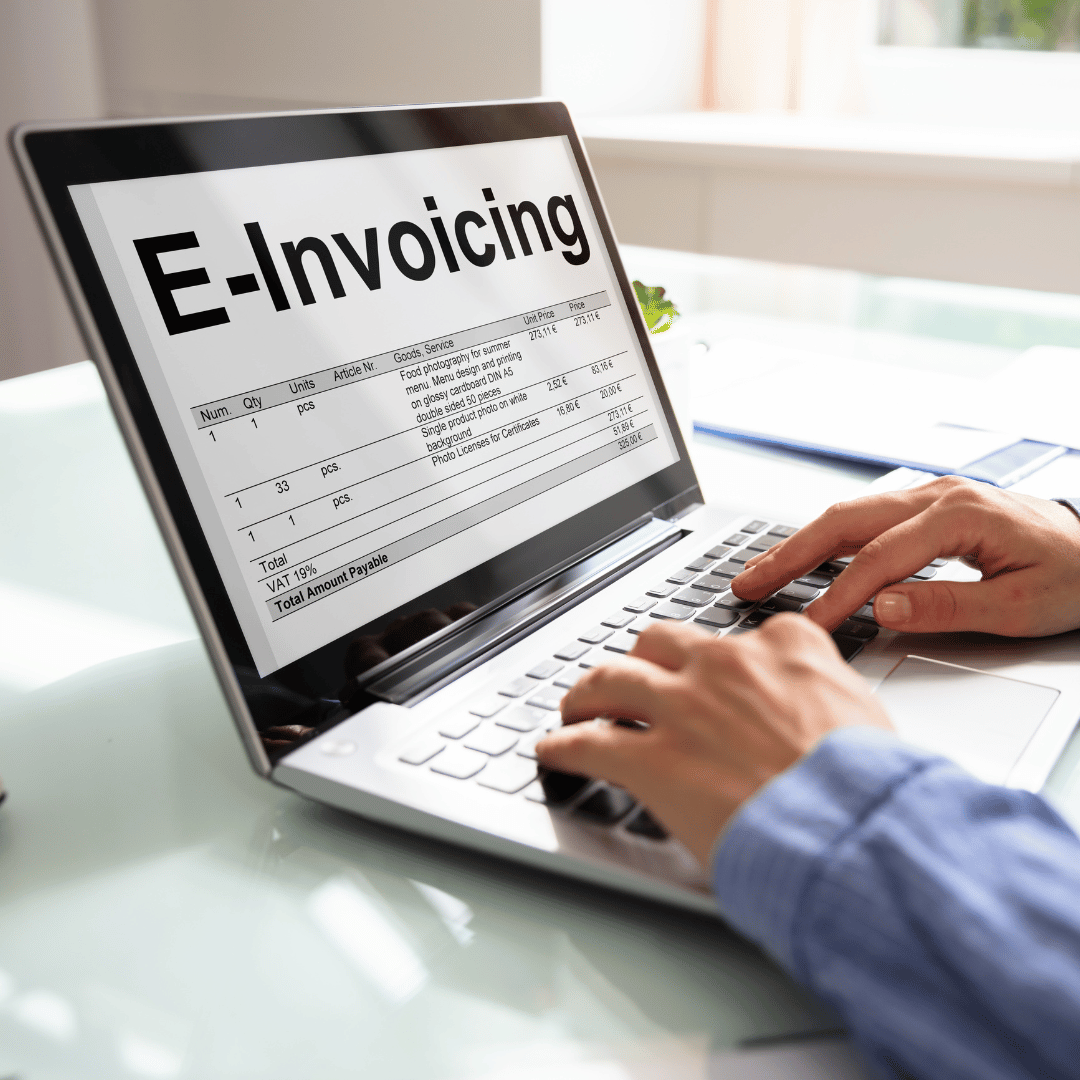eInvoicing is a cost-effective and safe way for businesses to invoice their clients, allowing them to send and receive invoices digitally rather than printing, posting or emailing them.
The benefits include:
-
Getting paid faster and improving your cash flow: eInvoicing requires less processing, so invoices can be paid faster.
-
Better information: eInvoicing can assist in managing cash flow more effectively as it allows for greater and faster visibility over spend management compared to traditional paper invoicing.
-
Reduces manual data entry: eInvoicing saves time fixing errors, chasing lost invoices or missing information, and manually entering invoices
-
Cuts the risk of scams and fraud: eInvoicing is secure, minimises the risk of fake or compromised invoices, and reduces the chance of paper or PDF invoices being intercepted
Are you eInvoicing-ready?
To use eInvoicing, both you and your customer need to connect to the Peppol network (an international eProcurement framework) via eInvoicing-ready software or a service provider. (Some of the major Australian accounting software providers now include eInvoicing capability for free in their packages.)
Steps to implement eInvoicing
- Review your current invoicing system – consider the time you currently spend on invoicing and how much money eInvoicing could save you.
- Check across your customers and whether they are eInvoicing-ready. (Government buyers may already be using eInvoicing.)
- Explore options for accessing eInvoicing or register via your accounting software provider such as the major firms Xero or MYOB
The ATO provides in-depth advice on eInvoicing for business, including getting connected, planning for a smooth transition to eInvoicing, and onboarding your trading partners.
Learn more.
